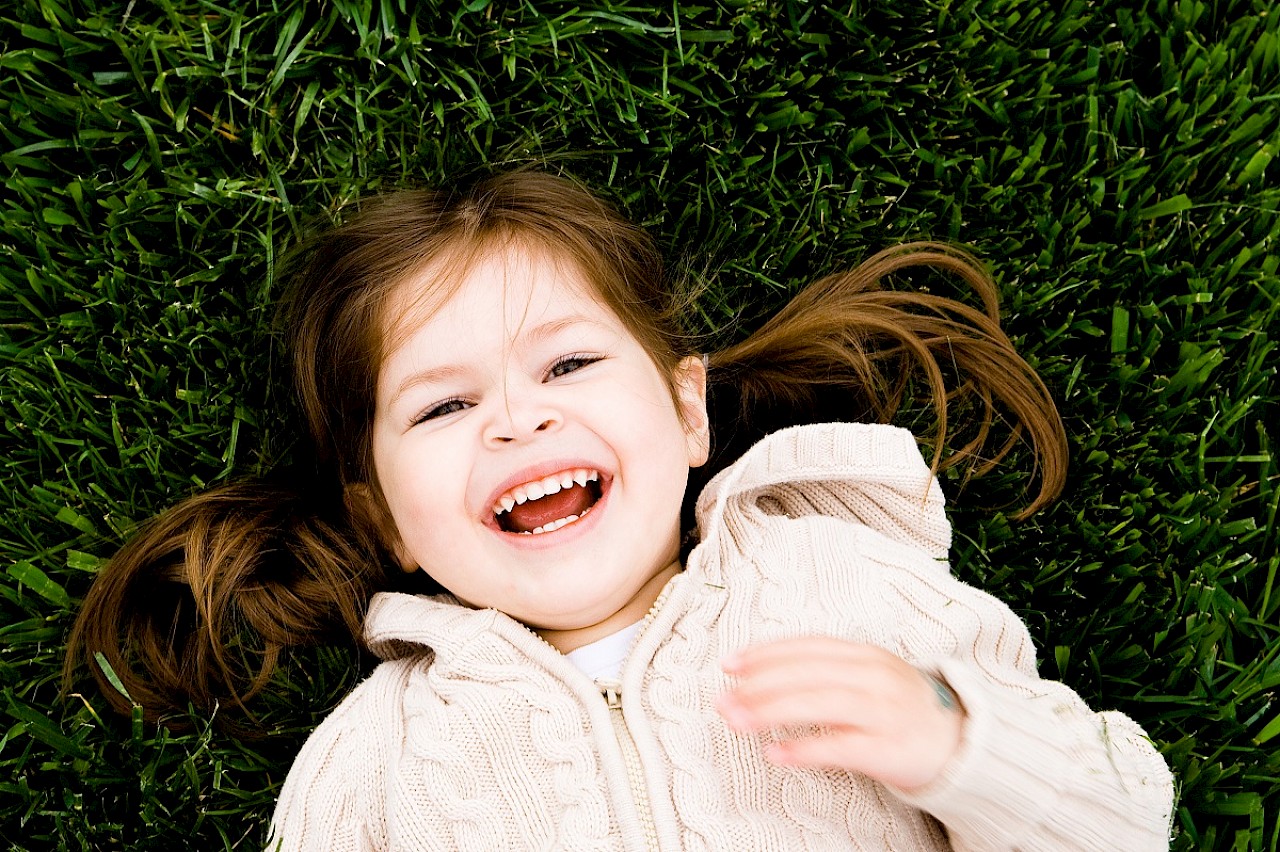February 2018
February is Children’s Dental Health Month, a great time to talk about why taking care of your kids’ oral health is so important. As a registered dental hygienist, I spend much of my day educating parents about how to maintain their child’s teeth and gums so children can be healthy and pain-free.
Somehow, dental care for babies and toddlers often gets skipped in parenting classes. This allows people to believe the myths that because baby teeth are temporary they don’t matter, and that kids don’t need to see a dentist until they have a full set of teeth or worse, until they experience pain. Not true!
Taking care of baby teeth is important for three main reasons. First, healthy teeth and gums allow kids to eat comfortably, which allows them to grow and thrive. Second, healthy teeth and gums enable kids to develop normal speech patterns, which will affect their whole lives; and third, teaching kids to take care of their baby teeth sets up good habits for when they have permanent teeth.
Even before babies have teeth, it’s good to wipe their gums with a wet washcloth after they eat. As soon as they have a tooth or by the time they turn a year old (whichever comes first), kids should see a dentist for the first time. This well-child check allows children to meet dentists under happy circumstances. It can be an opportunity to praise children and to make it fun to take care of their teeth.
If you are scared of going to the dentist, try not to pass your fear on to your children. It’s possible they’ll never have oral pain, especially if they see the dentist every six months starting at a young age. But if they adopt your phobia and avoid going to the dentist, then they may put a self-fulfilling prophecy in motion: their poor dental care habits lead to pain, so when they go to the dentist it’s a huge bummer.
One of the ways to make going to the dentist a relatively painless experience for your children is to make sure they take good care of their teeth. They should brush and floss every morning after breakfast and every evening after dinner. If it’s possible to brush after lunch, that’s great, too.
The most important time to brush is after their last meal or snack of the day—before going to bed. Every time they eat, small pieces of food are lodged in their teeth, food that feeds the bacteria that causes tooth decay. By brushing before bed, they can remove that food and prevent bacteria from growing.
If your child’s mouth bleeds during brushing or flossing, with or without braces, it’s a sign that they need to take better care of their teeth and gums. Although it’s counter-intuitive, if a child’s mouth is bleeding during brushing or flossing, it probably means they need to brush and floss more thoroughly and more often—unless they are bleeding because they are overdoing it with the toothbrush and floss, which is rare.
In addition to regular brushing and flossing, another great way to improve oral hygiene is to limit snacking and avoid sugary drinks like soda and fruit juices. Water is best for dental health and overall health, but it’s rarely what kids request. As a mom, I know it’s hard to limit the sugary stuff, but do it for them.
Kids will follow our examples and will value the things we value. If we take care of our own teeth and help them take care of theirs, we are giving them a lifelong gift.
Angie Sample-Paige is a registered dental hygienist at MCHC Health Centers, a local, non-profit, federally qualified health center offering medical, dental and behavioral health care to people in Lake and Mendocino Counties.

 MyChart Login
MyChart Login

